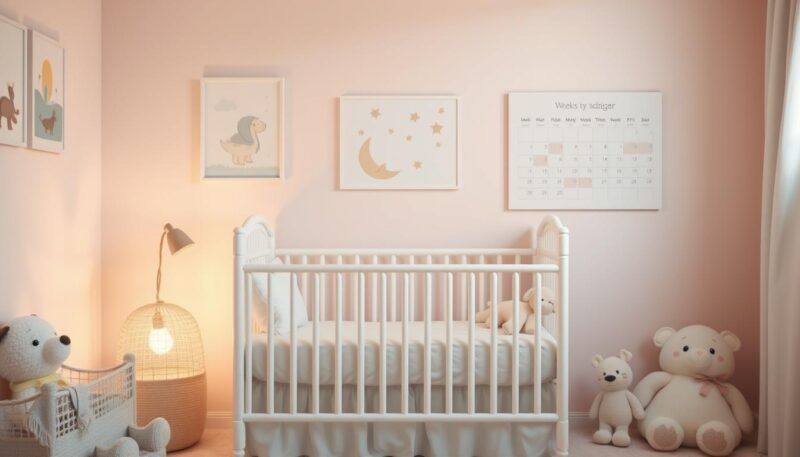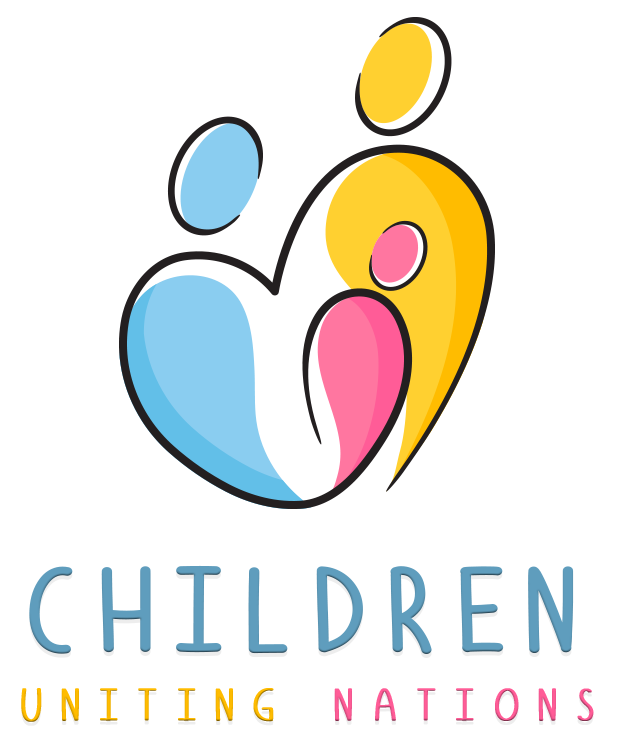Welcoming a newborn into your life is an experience unlike any other, filled with joy, excitement, and a myriad of questions. Understanding how long the newborn stage lasts and what to expect during this transformative period is essential for new parents. Typically, the newborn stage lasts from birth until around three to four months, although variations exist. During these initial weeks, you may witness remarkable growth and development, presenting both amazing milestones and unique challenges. You will also notice that your baby’s needs fluctuate, with feeding every two to three hours, diaper changes reaching as many as 8 to 10 times a day, and an astonishing range of sleep patterns, averaging 12 to 18 hours of sleep each day.
As you navigate the first few months of your newborn’s life, tracking these changes weekly can help you adapt to the new responsibilities and joys of parenting while also understanding the common struggles that many parents face. It’s crucial to prepare for potential emotional fluctuations for you as a parent, especially as support from family and friends dwindles. This brief overview aims to aid you in recognizing the nuances of the newborn stage, addressing the pressing question: how long does the newborn stage last? By the end of this article, you will feel more equipped to embrace this incredible journey and provide the best care possible for your new baby.
Understanding the Newborn Stage
Entering the newborn stage marks a critical period in your baby’s life. Understanding newborn development helps you support your infant through this transformative time. Recognizing the unique characteristics of newborn behavior and their typical sleep patterns helps new parents feel prepared and confident in their caregiving. The following sections offer insights into these aspects of newborn life, providing you with essential infant care tips and parenting advice.
Defining Newborn Development
Newborn development usually encompasses the early weeks of life, from birth until around three months old. During this time, babies typically regain their birth weight within 10 to 14 days. In this phase, your newborn’s growth will be significant, and development occurs rapidly. Expect to see various reflexes like rooting and sucking, which are crucial for feeding. These behaviors not only provide nourishment but also promote bonding with you.
Characteristics of Newborn Behavior
Newborn behavior is quite distinctive. Crying serves as the primary means of communication, alerting you to needs like hunger or discomfort. Newborns exhibit limited responsiveness to their surroundings, focusing primarily on basic needs. As they approach the end of this stage, you’ll notice increasing alertness and even reactions to familiar sounds, such as your voice. Recognizing these subtle changes enriches your understanding of their growing personality and rapidly emerging skills.
Typical Sleep Patterns for Newborns
Baby sleep patterns during the newborn stage may seem chaotic, but they follow a natural rhythm. Most newborns sleep between 12 to 18 hours a day, with sleep typically segmented into short periods of 40 to 60 minutes. As their tummies are small, they wake frequently for feedings, usually every two to three hours. Understanding these patterns can help you create a nurturing sleep environment. Seasonal factors and growth spurts can lead to increased feeding demands, highlighting the importance of adapting your routine to fit your newborn’s needs.
| Aspect | Details |
|---|---|
| Feeding | Every 2-3 hours; indicators include rooting and sucking |
| Sleep Duration | 12-18 hours; typically broken down into short segments |
| Weight Regained | By 10-14 days after birth |
| Alertness | Increases as newborn phase ends; reactions to sounds are noticeable |
| Milestones | Smiling and cooing may begin by the end of the stage |
How Long Does the Newborn Stage Last
The newborn stage typically lasts approximately one to three months after birth. During this period, you will witness remarkable changes as your baby grows. The timeframe encompasses several significant developments, offering insight into how long does the newborn stage last. You can expect a lot of sleep in these early weeks, as newborns generally require 12 to 18 hours of sleep a day while they adjust to their new environment.
Timeframe Overview: 0-3 Months
For the first 28 days of life, your little one is considered a newborn. After this initial period, they may begin transitioning toward the infant stage. By three months, you will likely notice that your baby’s sleep patterns begin to shift, leading to longer stretches of sleep at night. Feeding times will evolve as well, with newborns needing to eat every two to three hours due to their small stomachs and rapid digestion.
Signs Your Baby is Transitioning Out of the Newborn Stage
As your baby approaches the transition out of the newborn stage, certain signs of transitioning from newborn may become apparent. Look for the following changes:
- Extended nighttime sleep durations.
- Development of social smiles, typically appearing around six to eight weeks.
- Improved head control and the ability to hold their head up.
- Increased alertness and responsiveness to noises and sounds.
- Longer intervals between feedings, which may reduce feeding frequency.
Key Milestones during the Newborn Phase
The newborn phase is rich with developmental milestones that are crucial for baby growth stages. Here are some of the key baby milestones you might observe:
- Lifting their head briefly while lying on their stomach.
- Opening and closing fists, demonstrating motor control.
- Engaging in cooing and make small sounds as forms of communication.
- Establishing initial emotional bonds with caregivers.
- Gradual recognition of faces and contrasting colors.
Each milestone signifies healthy development, so cherish these moments as your baby grows. Enjoy the journey and recognize that every child progresses at their own pace.

Conclusion
The newborn stage is a unique and precious time filled with challenges and milestones that are vital for your baby’s lifelong development. Lasting typically from birth to around three months, this stage offers a spectrum of experiences that every parent navigates differently. By understanding what to expect week by week, you can approach newborn parenting with greater ease, preparing for the ongoing journey of infant care.
During these early months, your baby’s sleep patterns can range from 14 to 20 hours a day. Monitoring key milestones such as weight gain—most babies double their birth weight by six months—and observing their feeding habits and overall demeanor is essential. Utilizing parenting advice and baby weekly updates can provide insights that help you track your child’s growth and well-being.
Remember, every baby develops at their own pace, so variations in the transition from newborn to toddler are perfectly normal. Embrace this emotional rollercoaster by seeking support, indulging in self-care, and cherishing the intimate moments spent with your little one. Ultimately, the newborn stage lays the foundational experiences that will shape your child’s development and your parenting journey for years to come.

